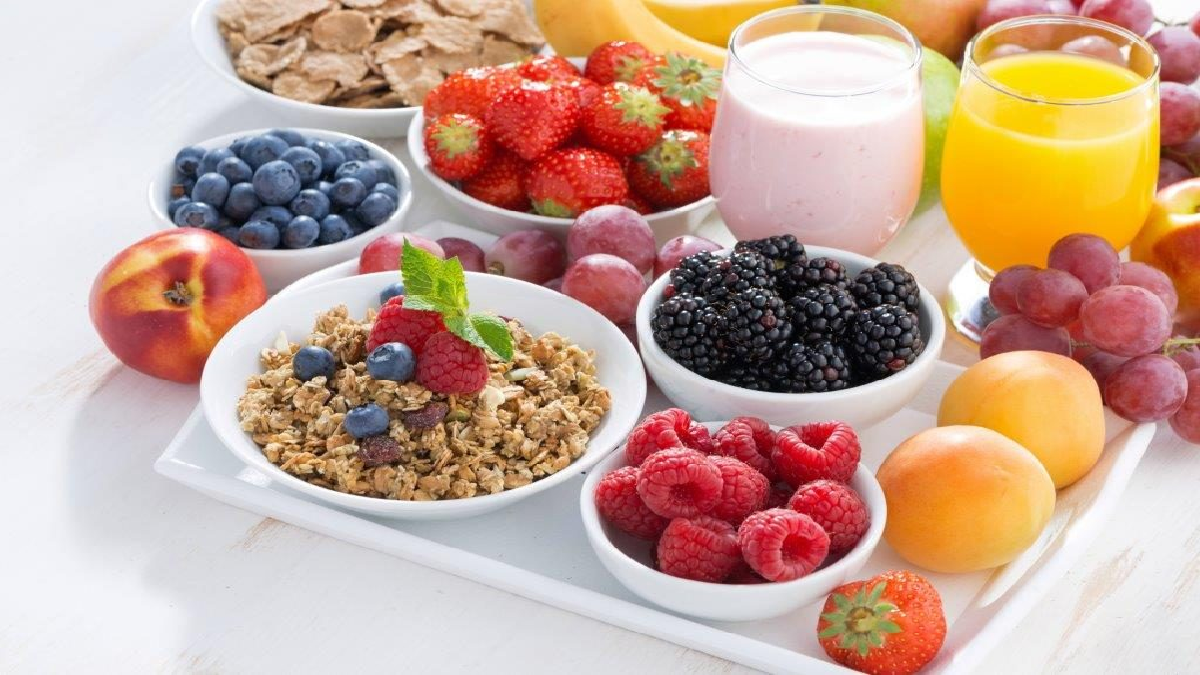


We all await the rains for relief from the scorching heat. Monsoon is also the time where we usually look forward to getting drenched in the first rains and enjoy a session of garam chai and pakodas! This is also the time of the year when the humidity levels in the atmosphere are high and immunity is low, bringing along a plethora of water-borne and monsoon specific illnesses. During this season, the digestive capability of the body goes down and those indulging in unhealthy foods often complain of digestion-related health issues.
While there is no such thing as a monsoon diet, it is important to take necessary precautions, make some dietary modifications while focusing on including foods that help to build the body’s resistance against infections.
THE DO’S
Consume easy-to-digest foods such as soups, stews, grilled, sautéed or stir-fried foods. Since we are also dealing with the pandemic along with monsoon, it is imperative to wash all fruits and vegetables thoroughly, particularly leafy vegetables including cauliflower and broccoli. Whenever possible opt for non-leafy vegetables such as gourd vegetables: snake gourd, bottle gourd, apple gourd and bitter gourd besides cluster beans, French beans and yam. Ensure you heat the food well before eating and try to consume fresh food.
Go in for seasonal fruits like bananas, apples, lychees, plums, cherries and pomegranates as the non- seasonal ones may be infested with worms. Corn is an easily available local delicacy during this season. Most of you will agree that relishing on boiled or roasted corn garnished with chilli powder, salt and lemon while enjoying the pitter-patter raindrops is a heavenly experience. As corn is a rich source of soluble and insoluble fibre, it helps in preventing constipation and digestive issues
Replace your evening snack of samosas, biscuits, kachoris, bhujias with some boiled peanuts as they are a rich source of healthy fat, protein, minerals like copper, manganese, iron while being low in carbohydrates. Consume them in moderation as they are a dense source of calories. Chana chaat, sprouts chaat or corn chaat with chopped vegetables and raw mango are great evening snacks.
Indulge in a bowl of hot clear soup with some pepper daily as it provides instant relief from the cold and clears up phlegm in the nasal cavities and the throat. Being low in calories, it will also not add to your waistline.
Sip on herbal teas and add mint, basil and ginger to get relief from cold and phlegm. Isn’t adrak chai with tulsi and pudina an absolute favourite on a rainy day? Ginger, basil and mint have powerful antibacterial, antifungal and antiviral properties and studies suggest that ginger may effectively protect against respiratory tract infections, fungal infections and inflammatory diseases Use kitchen as your pharmacy and include garlic (2-3 freshly chopped cloves), fennel (2-3 tsp), ginger (1-2 inch), cloves (3 -4), cumin seeds (2-3 tsp), turmeric (4 pinches) and virgin coconut oil (10 ml) in your diet as they have anti-viral properties that help to boost the immune system functioning. Eat only when hungry and in moderation as the body finds it harder to digest food during this time.
Ensure you are adequately hydrated as water helps to flush the toxins, germs and bacteria from the body. Drink only boiled and filtered water and make sure that it is consumed within 24 hours of boiling.
THE DON’TS
Avoid excess salt in the diet to prevent water retention and bloating. Go slow on pickles, papads, chutneys, packaged and canned foods as they are high in sodium. It is best to not eat uncooked food, raw salads and sprouts but steam the veggies and sprouts well before its intake. Stay away from heavy cream and fat-laden curries and deep-fried dishes.
Tip: Ordering food from outside? Choose restaurants that conform to basic standards of quality and hygiene to avoid food poisoning, diarrhoea and other serious waterborne illnesses. Embrace the monsoon season heartily and enjoy the rains while it lasts making wise, informed choices to enjoy good health!
The writer, a registered dietician, naturopath and certified diabetes educator, is the founder of Nurture Health Solutions and author of ‘Diet in Diabetes Simplified’.